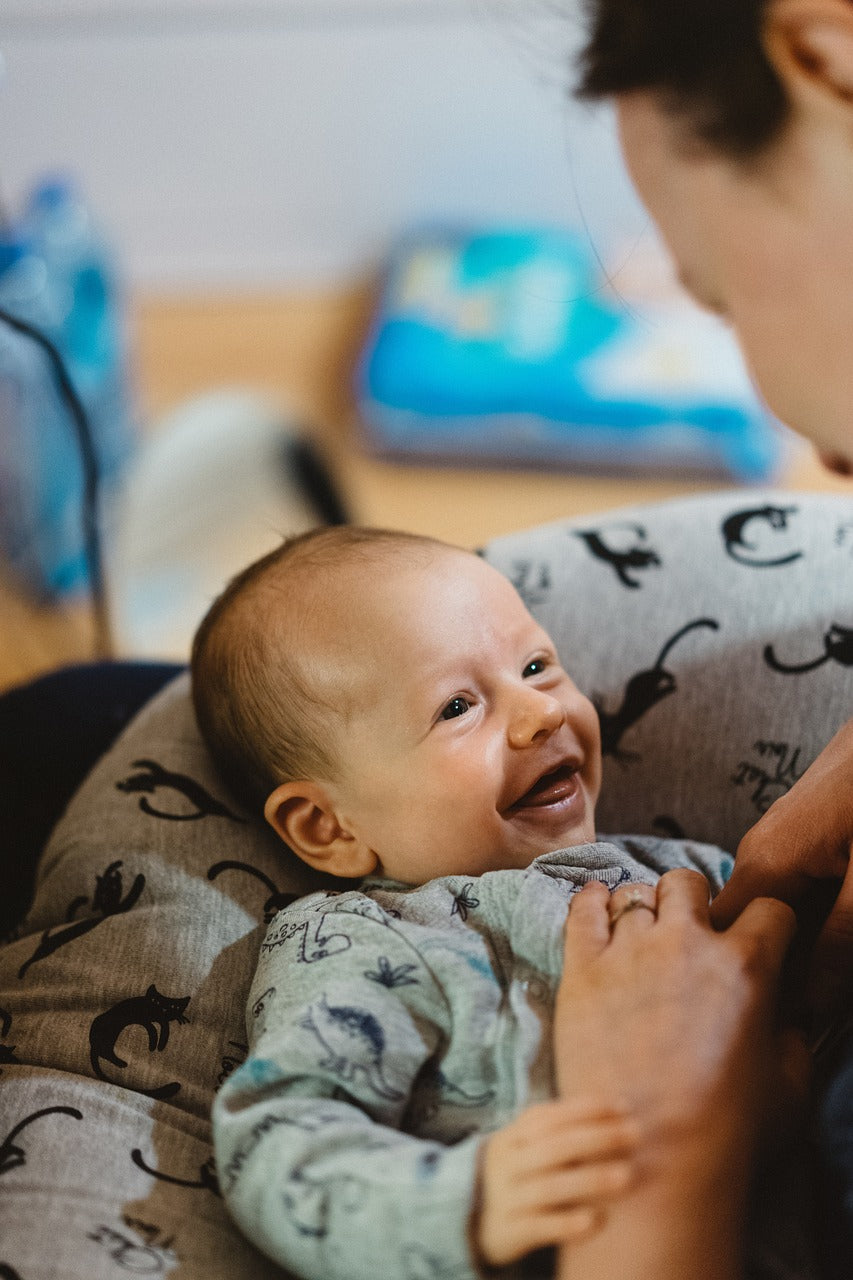Safe and Healthy Practices for Baby Care
Taking care of a baby involves various aspects, including hygiene, sleep, bathing, diapering, and general safety.
1.Hygiene:
Maintaining proper hygiene is crucial to keep babies healthy and prevent infections. This includes washing hands before handling the baby, regularly cleaning and sanitizing baby's toys and equipment, and ensuring a clean environment. Regularly cleaning the baby's feeding utensils, bottles, and pacifiers is also important.

2.Diapering:
Proper diapering is essential to prevent diaper rash and keep the baby comfortable. Change diapers frequently, ideally every two to three hours, or as soon as they are soiled. Clean the diaper area gently using mild wipes or warm water and pat dry. Applying a diaper rash cream or ointment can help protect the baby's skin.
3.Bathing:
Bathing babies requires special attention to ensure their safety and comfort. Use warm water and a gentle baby soap or cleanser. Support the baby's head and neck while bathing and ensure a secure grip. Avoid leaving the baby unattended in the bath, even for a moment. After bathing, pat the baby dry and moisturize their skin if necessary.

4.Sleep:
Establishing a safe sleep environment is crucial for babies to get adequate rest and reduce the risk of Sudden Infant Death Syndrome (SIDS). Place the baby on their back to sleep, on a firm mattress with a fitted sheet. Avoid using pillows, blankets, stuffed animals, or crib bumpers, as they can pose suffocation hazards. Keep the baby's sleeping area free from hazards and maintain a comfortable temperature.
5.Safety:
Babies are curious and prone to accidents, so ensuring a safe environment is essential. Baby-proof the house by covering electrical outlets, securing heavy furniture and TVs, using safety gates, and keeping small objects and choking hazards out of reach. Always supervise the baby, especially when they start crawling or walking. Follow car seat safety guidelines and use appropriate car seats for transportation.

6.Skin Care:
Babies have delicate skin that requires gentle care. Use mild, fragrance-free baby products to avoid skin irritations. Protect the baby's skin from excessive sun exposure by using hats, lightweight clothing, and baby-safe sunscreen (if recommended by a healthcare professional).
7.Immunizations:
Following a recommended immunization schedule is crucial for protecting babies from vaccine-preventable diseases. Consult with a healthcare professional to ensure your baby receives the necessary vaccines at the appropriate ages.
Remember that each baby is unique, and it's important to consult with a healthcare professional or pediatrician for personalized guidance on baby care practices specific to your child's needs.








